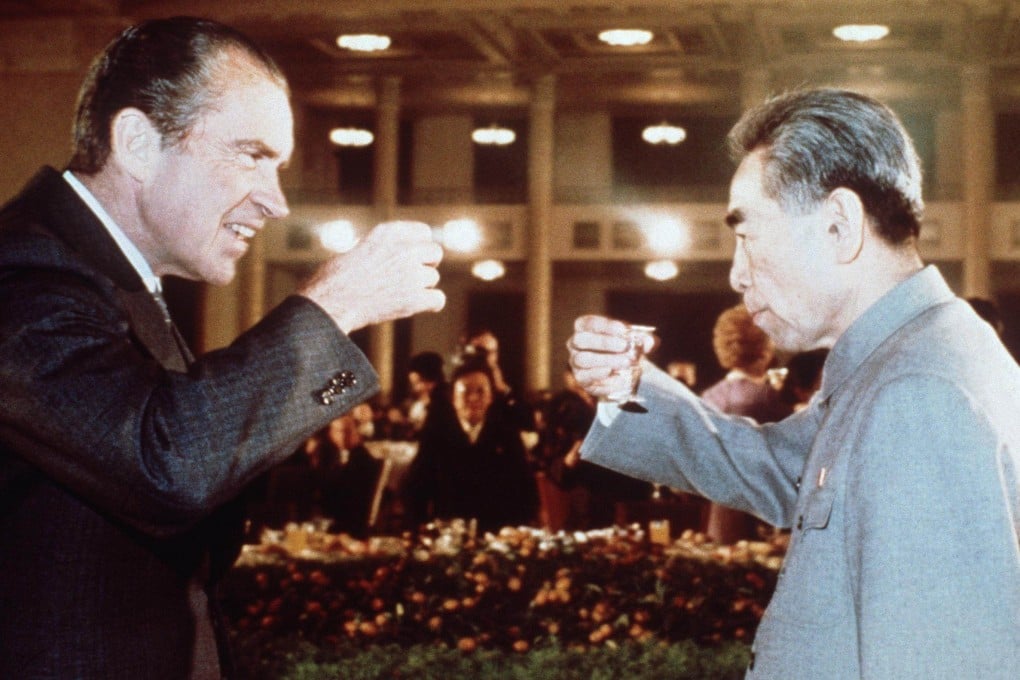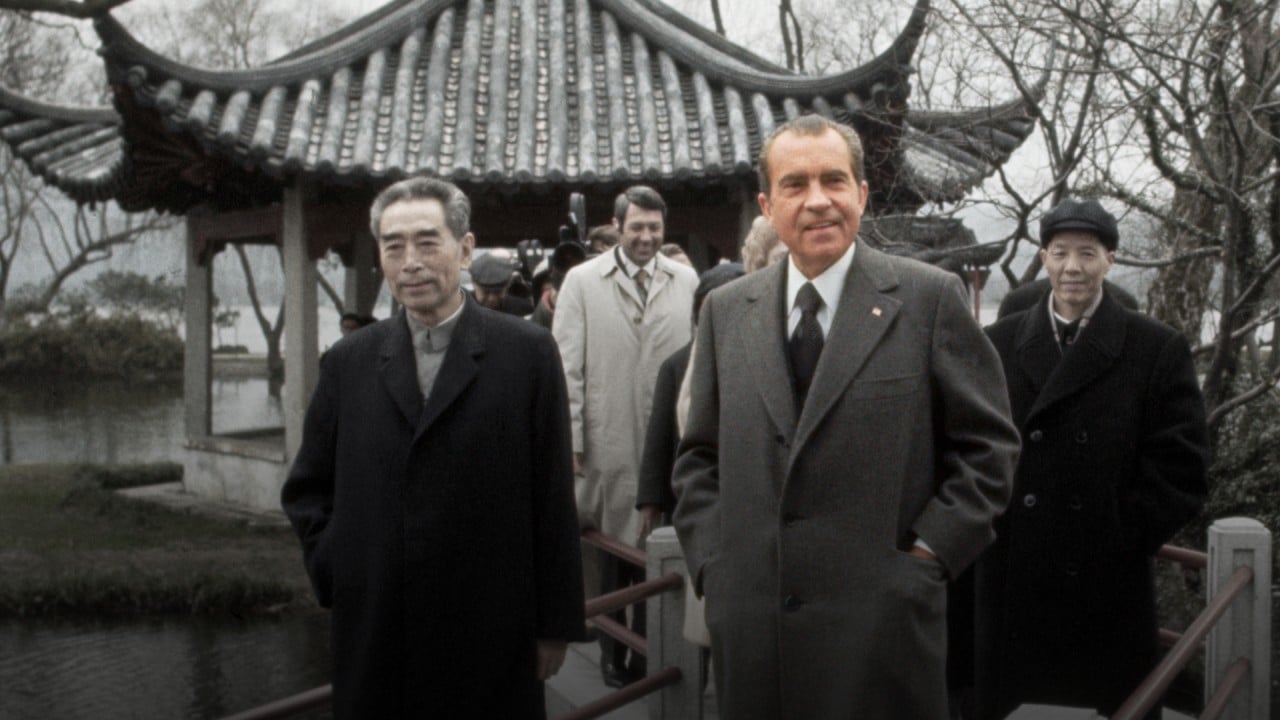Opinion | Nixon was right to gamble on China, despite what many in Washington think today
- Critics in Washington who blame the US policy of engagement for aiding the rise of a geopolitical threat have conveniently forgotten the economic and geopolitical benefits the US itself gained
- Nobody could have foreseen the extent of the Chinese economic miracle that materialised, nor China’s expansionist shift today

In their revisionist narrative, it was Nixon’s meeting with Communist Party of China chairman Mao Zedong, and the policy of engagement it initiated, that helped make China an economic superpower and a geopolitical threat to America.
For these critics, the Nixon visit, far from being a stroke of diplomatic genius, was one of history’s greatest strategic blunders.
But such revisionist arguments discount the substantial benefits the United States gained from Nixon’s gambit and the decades of US-China engagement that followed.
Engagement with China also yielded longer-term geopolitical and economic dividends for the US. Regional tensions in East Asia eased dramatically, mitigating the Chinese threat to vital US interests there, while the US-China quasi-alliance against the Soviet Union in the 1980s contributed to America’s victory in the Cold War.

